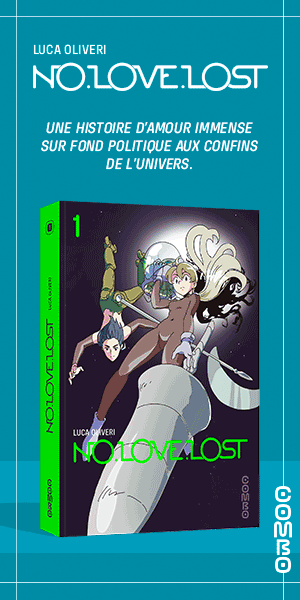The Medical Journal of Australia
Extraits
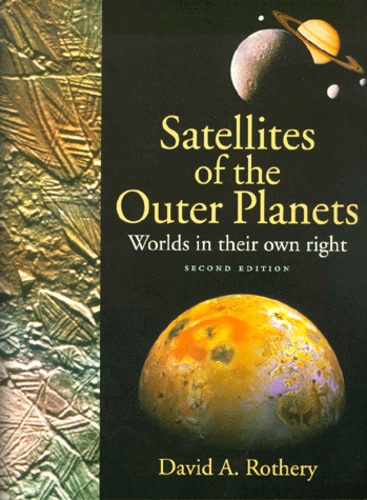
Sciences de la terre et de la
SATELLITES OF THE OUTER PLANETS. Worlds in their own right, Second Edition
01/1999
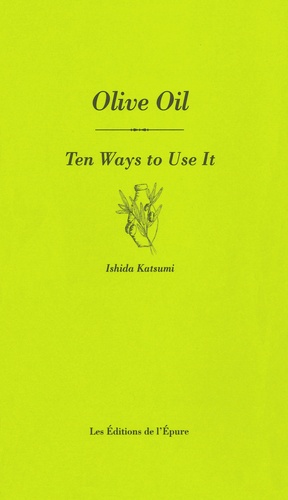
Cuisine
Olive oil
04/2019
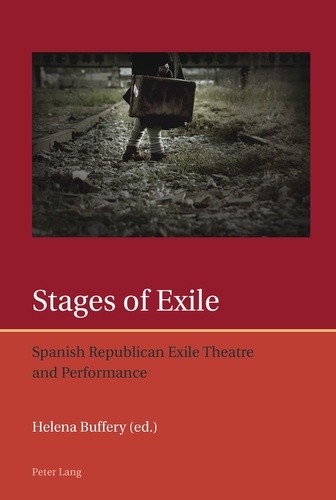
Non classé
Stages of Exile
09/2011

BD tout public
I am GooGol - The Great Invasion
12/2010
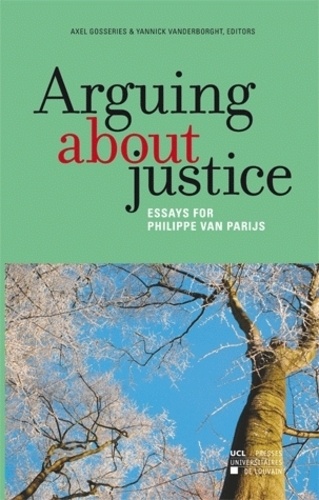
Economie
Arguing about justice. Essays for Philippe Van Parijs
01/2011
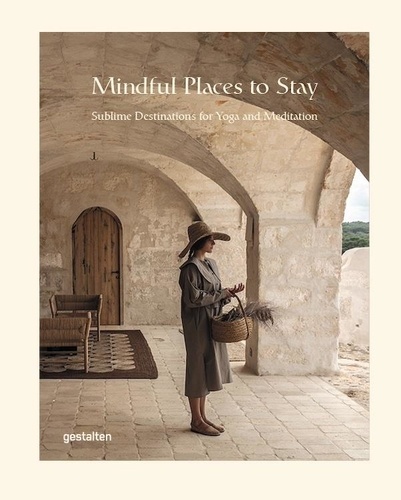
Architecture
Mindful places to stay. Sublime destinations for yoga and meditation
06/2024
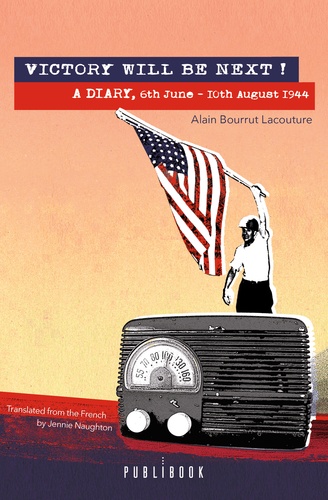
XXe siècle
Victory will be next ! A Diary, 6th June - 10th August 1944
03/2021
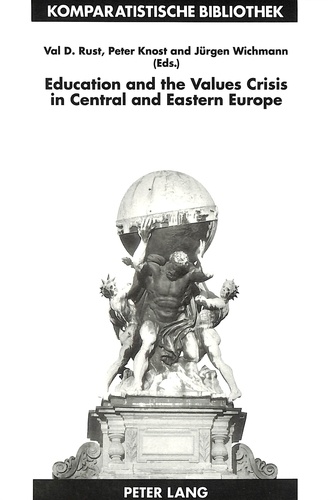
Non classé
Education and the Values Crisis in Central and Eastern Europe
05/1994
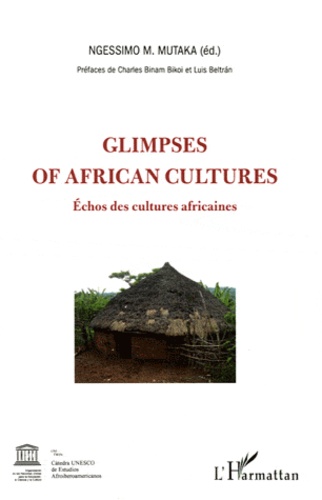
Ethnologie
Glimpses of african cultures. Echos des cultures africaines, Edition bilingue français-anglais
04/2011
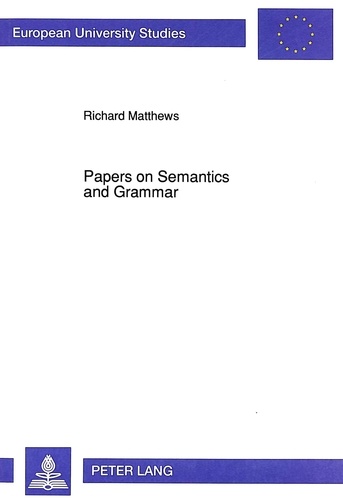
Non classé
Papers on Semantics and Grammar
01/1993

Monographies
Loire's castle
03/2024
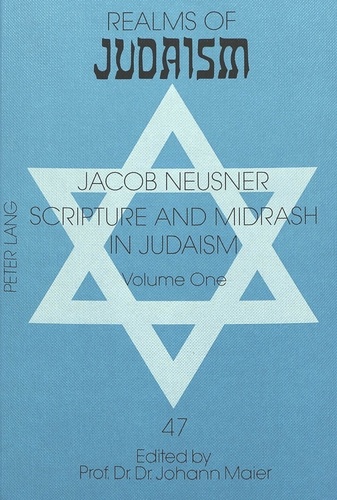
Sciences politiques
Scripture and Midrash in Judaism
03/1994
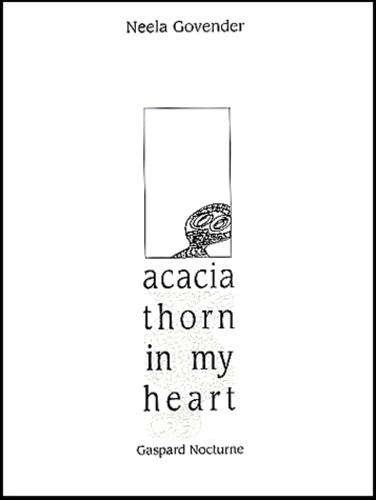
Anglais apprentissage
Acacia thorn in my heart
09/2001

Non classé
Oaths, Vows and Promises in the first Part of the French Prose Lancelot Romance
02/1993
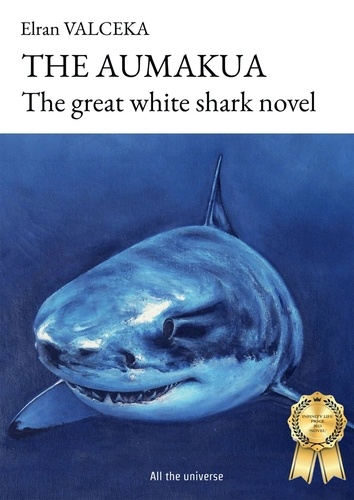
Science-fiction
The aumakua. The great white shark novel
09/2023

Histoire de France
CRASH IN BAYEUX - The Last Flight of Sergeant Ferguson
09/2014
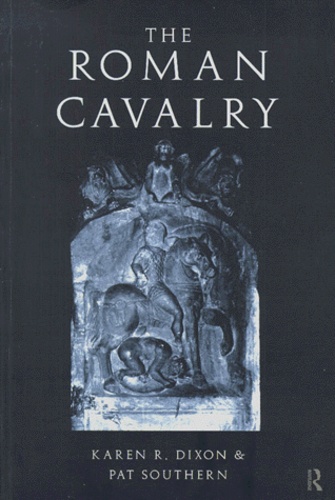
Histoire ancienne
THE ROMAN CAVALRY. From the First to the Third Century AD
01/1992
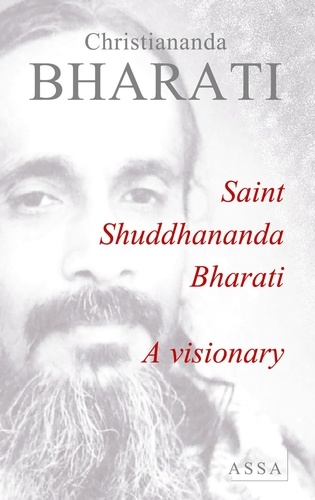
Littérature française
Saint Shuddhananda Bharati A visionary
11/2013
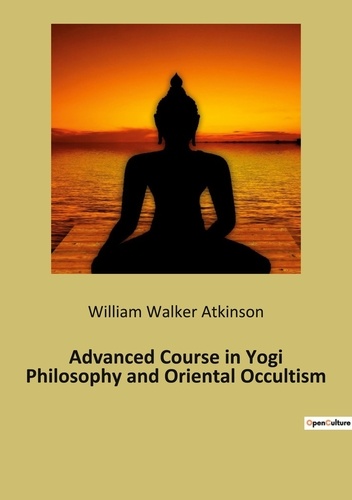
Histoire de la philosophie
Advanced Course in Yogi Philosophy and Oriental Occultism
10/2022
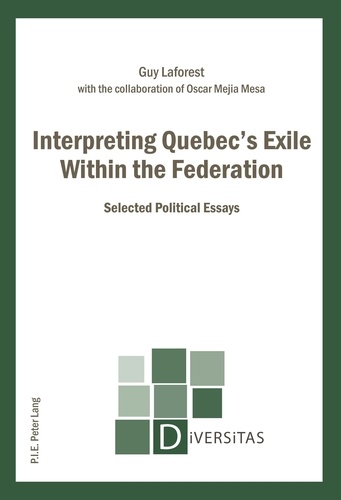
Philosophie
Interpreting Quebec’s Exile Within the Federation. Selected Political Essays
12/1986
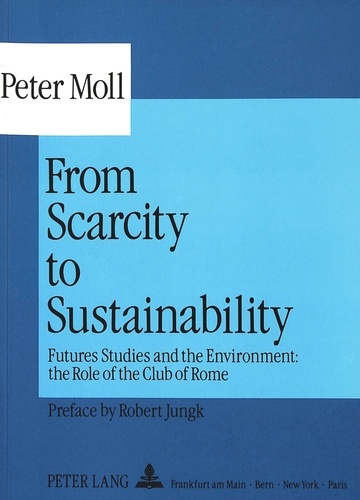
Non classé
From Scarcity to Sustainability
12/1991
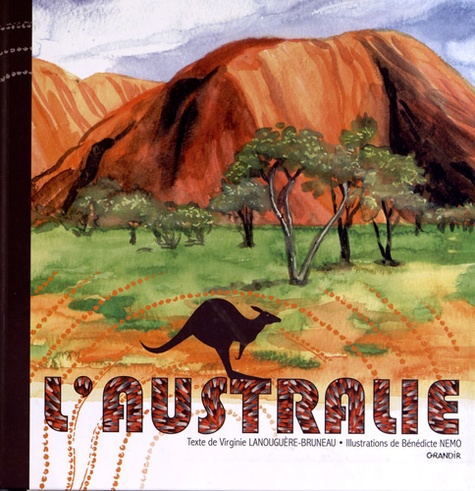
Documentaires jeunesse
L'Australie
07/2012
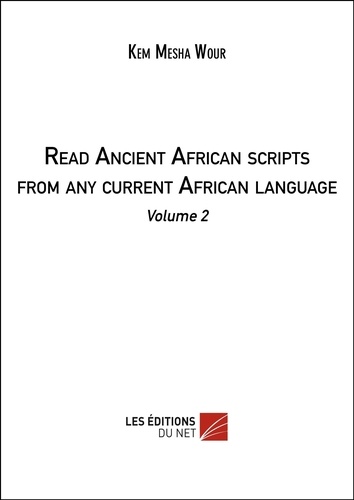
Non classé
Read Ancient African scripts from any current African language. Volume 2
05/2020
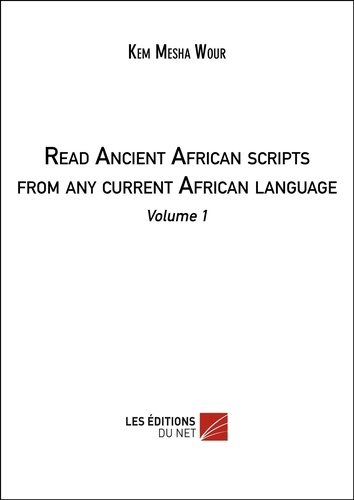
Non classé
Read Ancient African scripts from any current African language. Volume 1
05/2020
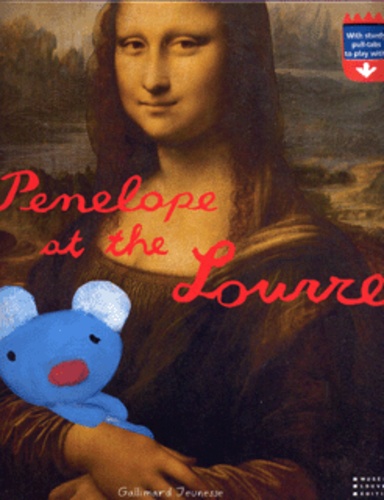
Livres 3 ans et +
Penelope at the Louvre
01/2009
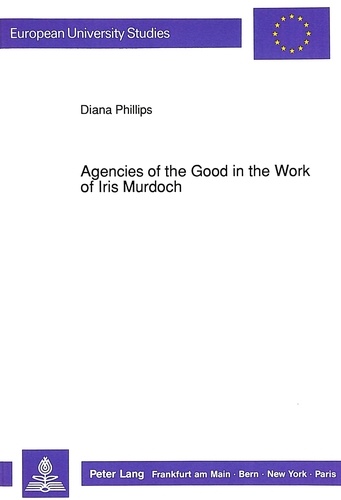
Philosophie
Agencies of the Good in the Work of Iris Murdoch
10/1991

12 ans et +
The Book of Ivy Tome 2 : The Revolution of Ivy
11/2015
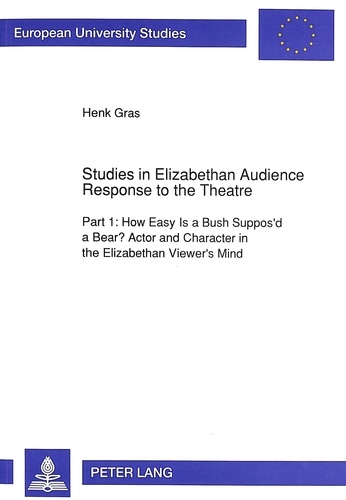
Non classé
Studies in Elizabethan Audience Response to the Theatre
02/1993
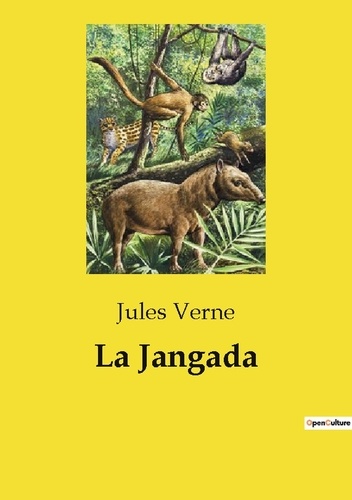
Littérature française
La jangada. .
06/1981
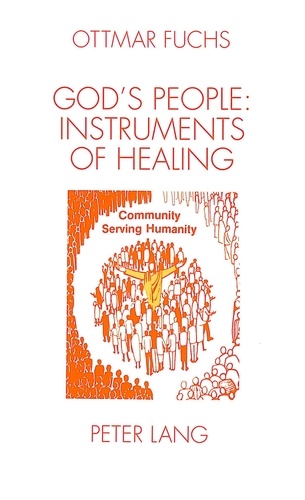
Religion
God's People: Instruments of Healing
07/1993

